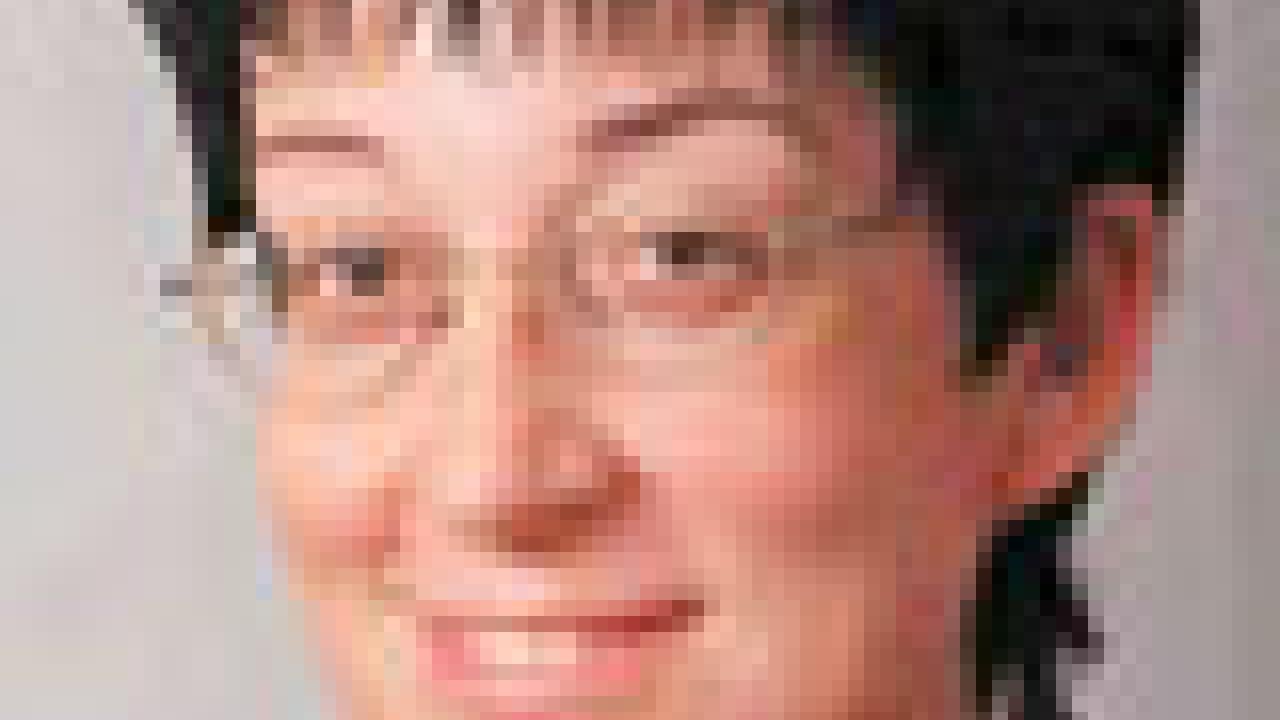A strong faculty mentoring program will help new faculty members adjust to life on campus.
That's the idea behind a final report from the Chancellor's Advisory Committee on Faculty Mentoring. In January, Chancellor Larry Vanderhoef formed the committee and requested that they report back to him in May. Cristina González, a senior adviser to the chancellor, has been chairing the committee.
While many departments already offer some formal and informal mentoring for untenured faculty, noted Vanderhoef, it is an uneven practice across campus units. In particular, he observed, the campus lacks regular mentoring activities to all junior faculty.
To research the issue, the committee e-mailed brief questionnaires to all deans, department chairs, recently tenured faculty and untenured faculty. Some of the survey findings included:
- Many untenured faculty members had a desire to receive more and better mentoring;
- Many recently-tenured professors expres-sed their willingness to mentor new faculty members;
- New faculty members often experience problems that can be avoided with timely advice; and
- Mentoring can improve productivity, lower stress and result in higher job satisfaction.
"We believe that some new tenured faculty members, including, but not limited to, international hires, might also need assistance and should have access to mentoring activities," González said.
All units and the central administration must work together to increase mentoring opportunities, González said, describing faculty members as the university's "biggest assets" and emphasizing the importance of paying attention to their professional development.
The report recommended that:
- Mentoring activities happen at all levels -- department, college, school, division and campus -- and that critical issues for mentoring include tenure, promotion, work-life balance, teaching, research and service activities;
- Departments establish mentoring committees to help chairs articulate and implement appropriate mentoring strategies;
- Colleges, schools and divisions take responsibility for developing the mentoring strategies of departments; and
- Top administrators expand mentoring resources and establish an optional mentors-at-large program.
- mentors-at-large program
On the latter recommendation, González says the mentors-at-large program is not meant to replace the activities offered at the department or college levels, but rather to complement them. "We suggest that the Office of Academic Personnel compile a university-wide list of potential mentors-at-large, including recently tenured faculty members, so that faculty members desiring advice from professors outside their departments can find an appropriate match," she said.
The report advises that potential mentors-at-large be grouped by college, school, division, and their particular areas of interest should be listed. All new faculty members should be given program and contact information during their first quarter on campus, González added.
The mentors-at-large program should be flexible, the report noted, allowing participants to decide how often they want to meet, beyond a minimum of once per quarter. Though not a requirement, the mentoring relationship would be expected to last for at least three quarters.
Mentors should earn appropriate service credit for their contributions, González said. The report recommends that the vice provost for academic personnel notify the mentor's department chair that this constitutes substantial university service. The unit can then adjust the mentor's service load accordingly. It's also suggested that the vice provost write a letter of appreciation for the files of those who have been mentors.
The committee also suggested the Office of Academic Personnel draft basic mentoring guidelines and create a Web site on mentoring.
Those on the committee include Steffen Abel of vegetable crops; Andrea Bjorklund of the law school; Miroslava Chávez-García of Chicana/o studies; Liz Constable of French and Italian; Jason Eisenrich of the School of Medicine; Michael Gertz of computer science; William Jackson of chemistry; Winston Ko, dean of mathematical and physical sciences; Dan Potter of pomology; and Tamara Swaab of psychology.
